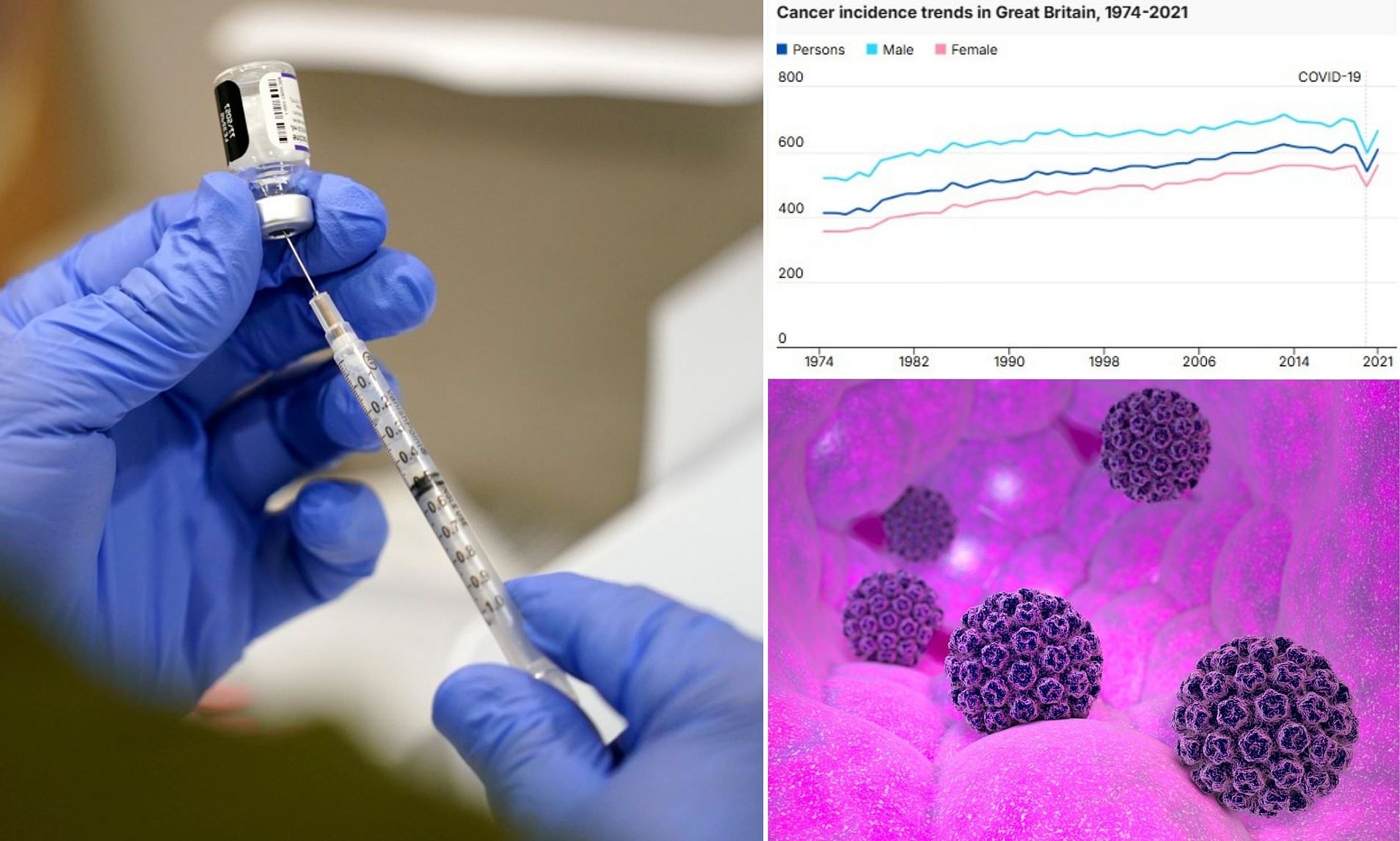Major Cancer Breakthrough as Thousands Gain Access to Protective Vaccine

A New Hope for Head and Neck Cancer Patients
A groundbreaking development has emerged in the fight against head and neck cancer, offering a new treatment option that could change the way this disease is managed. Hundreds of patients will now have access to a fast-tracked vaccine that targets advanced forms of the condition. Experts believe this innovation could mark a significant shift in how head and neck cancers are treated, especially those linked to the human papillomavirus (HPV).
The vaccine works by enhancing the immune system’s ability to recognize and attack cancer cells that contain HPV proteins. This approach is particularly important given that research suggests HPV may be responsible for up to 70% of head and neck cancers. The treatment is part of the AHEAD-MERIT (BNT113) trial, which will be conducted at 15 hospitals across the country over the next year.
This initiative is an expansion of NHS England’s cancer vaccine launch pad programme, which has already enabled more than 500 patients to receive vaccines for bowel and skin cancers within the past year. It is estimated that over 100 patients with advanced head and neck cancer will benefit from this trial, marking a major step forward in personalized cancer care.
Understanding Head and Neck Cancer
Head and neck cancer refers to a group of cancers that affect areas such as the mouth, throat, voice box, nose, sinuses, and salivary glands. While HPV is a common virus spread through close contact, including sexual activity, it is usually harmless. However, in some cases, it can lead to cancerous changes in healthy tissue, though the exact reasons for this are not yet fully understood.
Despite medical advancements, treating advanced head and neck cancer remains challenging. The disease often recurs, and two-year survival rates for advanced cases are below 50%. The new vaccine aims to address this by targeting specific proteins found in HPV-related head and neck cancers. These proteins are associated with high-risk types of the virus, making them key targets for the immune system.
Collaboration and Innovation
NHS England has partnered with BioNTech, a leading life sciences company, to identify eligible patients for the trial. This collaboration highlights the growing emphasis on innovative treatments and the importance of clinical trials in advancing cancer care. Health minister Karin Smyth praised the initiative, calling it a "massive win for cancer patients." She emphasized that these vaccines could be game-changing for those facing difficult diagnoses, positioning the NHS at the forefront of medical innovation.
Professor Peter Johnson, national clinical director for cancer at NHS England, expressed optimism about the potential impact of the vaccine. He noted that the treatment offers renewed hope for patients battling advanced head and neck cancers, providing a chance to manage the disease more effectively.
Personal Impact and Advocacy
Chris Curtis, a head and neck cancer survivor and founder of the support charity The Swallows, shared his perspective on the significance of this development. Diagnosed in 2011, he highlighted the emotional and psychological toll of living with the fear of recurrence. For many, any treatment that offers control over the disease or peace of mind is a major breakthrough, allowing individuals to focus on their lives rather than their illness.
Head and neck cancers are the eighth most common form of cancer in the UK, with higher incidence rates among men compared to women. Each year, approximately 12,500 new cases are diagnosed, and the numbers are increasing. Despite the prevalence of HPV, which most people contract at some point in their lives, only a fraction of the population receives the HPV vaccine.
Addressing Vaccine Uptake
The World Health Organization has pointed out that the UK's HPV vaccine uptake lags behind other countries. Among girls, the rate is around 56%, while for boys, it is 50%. In comparison, Denmark has achieved an 80% vaccination rate. The UK introduced the HPV vaccine for girls in school year 8 in 2008 and expanded eligibility to boys in 2019. Continued efforts to increase awareness and access to the vaccine are essential in reducing the risk of HPV-related cancers.
As the AHEAD-MERIT trial progresses, it represents a promising step forward in the battle against head and neck cancer. With continued research and collaboration, the future looks brighter for patients and their families.
Post a Comment for "Major Cancer Breakthrough as Thousands Gain Access to Protective Vaccine"
Post a Comment